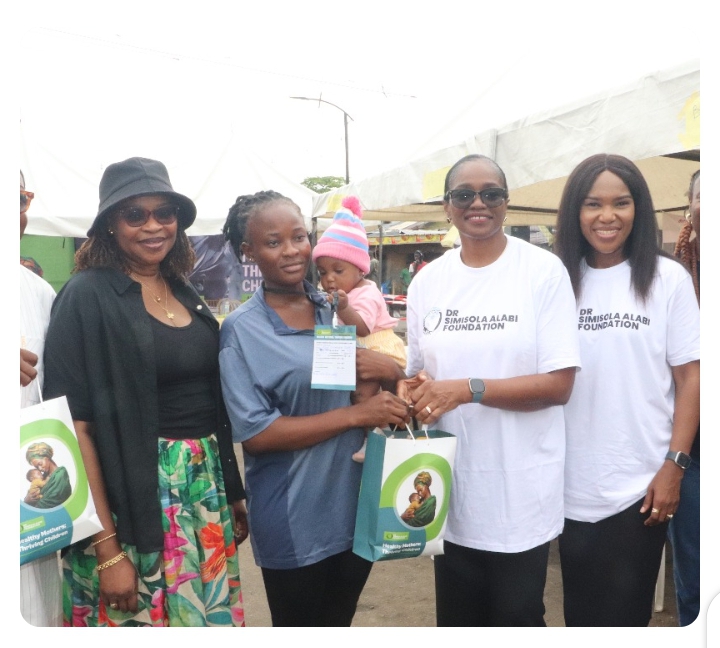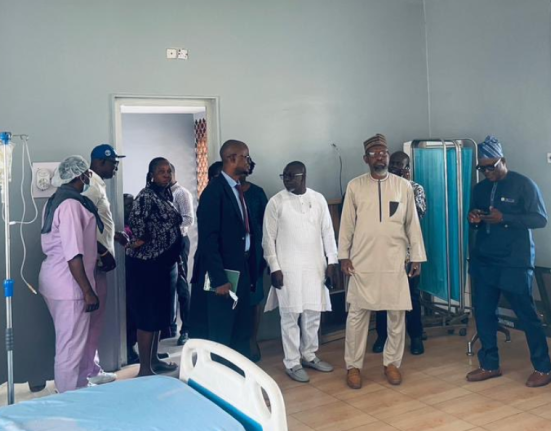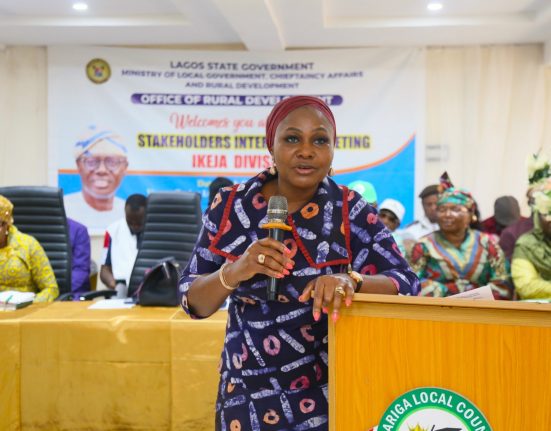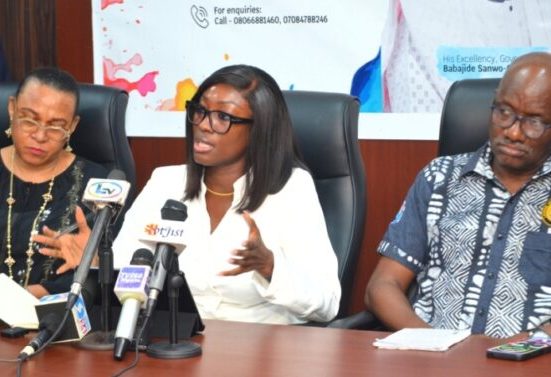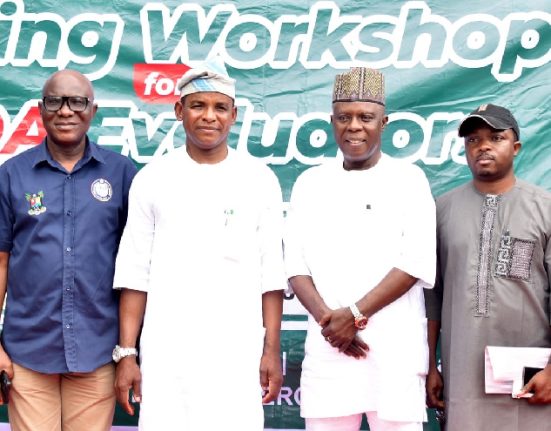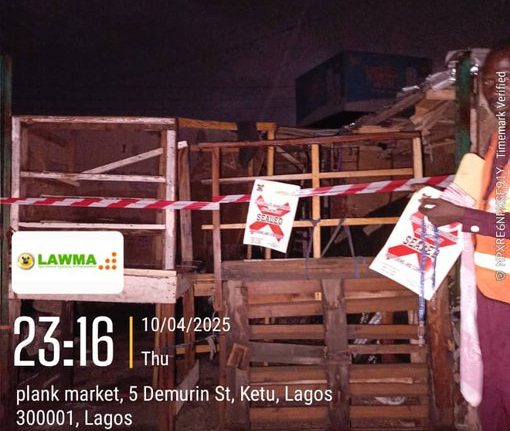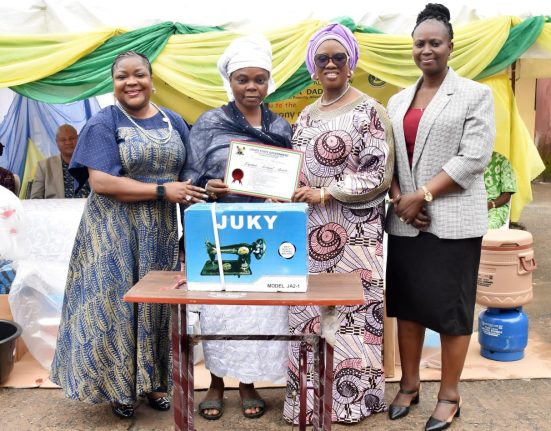In a renewed effort to address Nigeria’s persistent maternal and child health challenges, the Lagos State Government has announced a strategic partnership with the Simisola Alabi Foundation, a non-profit organization dedicated to improving healthcare outcomes for women and children.
The collaboration, unveiled during a formal ceremony at the Lagos State Ministry of Health on Monday, is aimed at expanding access to quality maternal and neonatal care across underserved communities in the state. Officials say the initiative will focus on reducing maternal and infant mortality rates, which remain alarmingly high despite ongoing interventions.
According to the World Health Organization (WHO), Nigeria accounts for nearly 20% of global maternal deaths, with an estimated maternal mortality ratio of 512 deaths per 100,000 live births as of 2023. Similarly, the United Nations Children’s Fund (UNICEF) reports that Nigeria’s under-five mortality rate stands at approximately 102 deaths per 1,000 live births — among the highest in the world. Lagos, though better positioned than many other states, still grapples with gaps in maternal and child healthcare delivery.
Speaking at the event, Lagos State Commissioner for Health, Prof. Akin Abayomi, emphasized the importance of partnerships in achieving sustainable healthcare outcomes. He noted that while the government is investing heavily in upgrading primary healthcare centres and training frontline workers, partnerships with non-governmental organizations bring complementary expertise, community trust, and flexible funding models that can accelerate impact.
“This partnership with the Simisola Alabi Foundation reflects our commitment to innovative, community-driven solutions. We are determined to ensure that no woman should die giving life and that every child born in Lagos has a fair chance to survive and thrive,” Abayomi stated.
Under the terms of the partnership, the Foundation will work closely with Lagos State health agencies to deliver free maternal health screenings, antenatal care support, immunization drives, and community health education programmes. Special attention will also be given to rural and riverine communities where access to healthcare services is often limited.
Simisola Alabi, founder of the Foundation, expressed optimism that the partnership would help transform maternal and child health indicators in Lagos. She highlighted that the Foundation, since its inception, has worked tirelessly to bridge healthcare gaps, especially among low-income families.
“Our vision is simple: to make quality healthcare accessible to every mother and child, regardless of their socio-economic status. We are proud to collaborate with the Lagos State Government to deepen the reach and effectiveness of our interventions,” Alabi said.
Healthcare experts have welcomed the move, noting that public-private partnerships are crucial for Nigeria to meet its commitments under the Sustainable Development Goals (SDGs), particularly Goal 3, which aims to ensure healthy lives and promote well-being for all at all ages.
As the partnership kicks off with a series of community health outreaches across key local government areas, residents are hopeful that such initiatives will help turn the tide against preventable deaths and set a new standard for maternal and child healthcare delivery in Lagos State.

